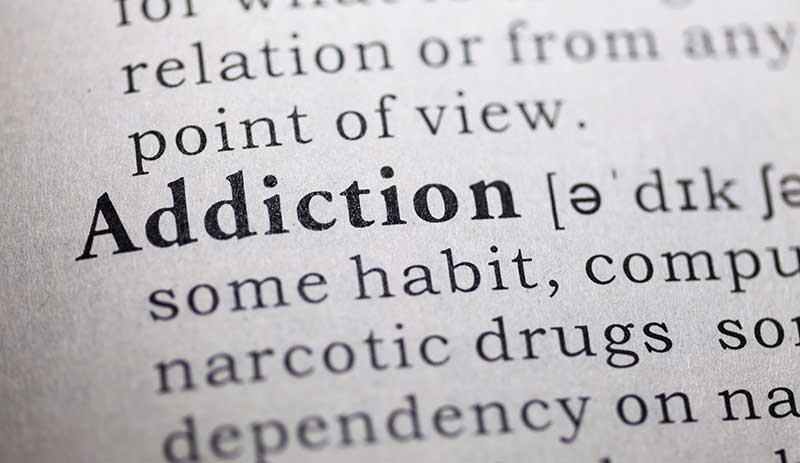If you’ve found yourself on this blog, it is likely that someone you care about is struggling with cocaine use, and maybe even addiction. If you’ve already tried to speak to this person about their use, you’ve also likely found yourself coming up against a brick wall.
While the best advice is always to seek support from a professional, this is not always a desirable first port of call. Being able to, or knowing how to help someone with a cocaine addiction doesn’t need to be reserved for the experts, and you can learn more about what steps you can take below.

Detecting if someone is using cocaine can be challenging, as the signs and symptoms can vary depending on the individual, the amount consumed, and the frequency of use. However, there are several physical, behavioural, and psychological signs that may indicate cocaine use.
It’s important to remember that while these signs may indicate someone is ‘high’, or using cocaine problematically, they are not definitive proof.
The best way to know if someone is addicted to cocaine, or starting to develop a problematic relationship with cocaine, is to have them assessed by an experienced professional. It can be difficult to reach out for help, but this is the best way to protect your loved one and get them the treatment they likely need.

There are, however, a few warning signs to keep an eye out for that can help indicate that they may be developing an addiction:
Some of these questions can be hard to answer, especially if we suspect that our loved one might be hiding their use from us. However, these warning signs are based off of actual diagnostic criteria, and are the most scientific way to indicate if someone may be developing a dependency to cocaine.
If you suspect someone might be developing an addiction, do not hesitate to ask them frankly about it, and reach out for professional support. It is never too early, or too late, to get someone the help that they need.
It is all very well and good to say ‘get someone help’, but you may be wondering how you could possibly convince someone to accept that help. This is particularly tricky when talking to cocaine users who do not agree that their use is problematic, or that they are addicted.
People will not change their behaviour unless they perceive that behaviour to be change worthy. This leads to the logic that in order to ‘persuade’ someone to make those changes, they must be ‘convinced’ that their cocaine use is harming them, harming others, and needs to change.
The first step in this is educating yourself as much as possible about cocaine addiction, and addiction treatment. This enables you to speak with accurate information, with authority and understanding. Check out Clinic Les Alpes many blogs, such as this one, where you can learn directly from the experts.
It is also important to approach the conversation with empathy and understanding. If the addicted person feels any blame or judgement they may resist your suggestions out of defensiveness or fear.
Offering specific examples of the negative consequences of their cocaine use is a good way to offer indisputable evidence. Use concrete examples to highlight the impact of their addiction on themselves and others.
Finally, the logistics of seeking help can be complicated and overwhelming. Offer clear solutions to your loved one that you have researched ahead of time, and try to facilitate their access so it is as easy and seamless as possible.
It is important to remember that ultimately the choice to seek help and treatment for an addiction must come from the person with the addiction themselves. Your role is to provide them with as much information as possible to make the informed decision, and to support them in taking the steps necessary to enact change.
Clinic Les Alpes is a leader in world-class addiction treatment and rehabilitation. If you have a friend or family member suffering from cocaine addiction, or other addictions, we can help.
Nestled in the hills by Lake Geneva, people looking to start their recovery journey can do so in complete privacy, security, and comfort. Offering a luxury experience and 24/7 access to medical staff, family and friends can rest assured that their loved ones are safe in their detox and treatment.
Under the guidance of their personal therapist, individuals will work closely with our comprehensive multidisciplinary team to create a personalised treatment plan that will facilitate their involvement in our Minnesota Model-based program. Our team employs a diverse array of evidence-based treatments and methodologies to empower patients in their recovery.
This includes therapeutic interventions, psychoeducational sessions, and complementary therapies, all aimed at addressing the holistic spectrum of physical and psychological aspects associated with addiction. If you would like more information, please do not hesitate to contact us. Our team is available to answer any questions about referrals, our treatments, and facilities.
Addiction does not only affect the addicted, but also deeply impacts those close to them. Knowing how to help someone with a cocaine addiction is the first step, and while the rest of the journey may not be easy, educating yourself enables you to help your loved one make real changes.
